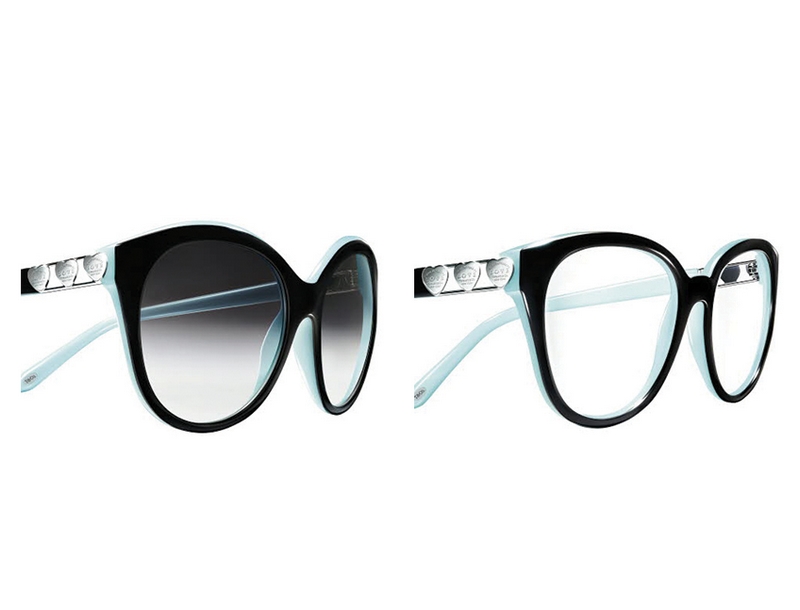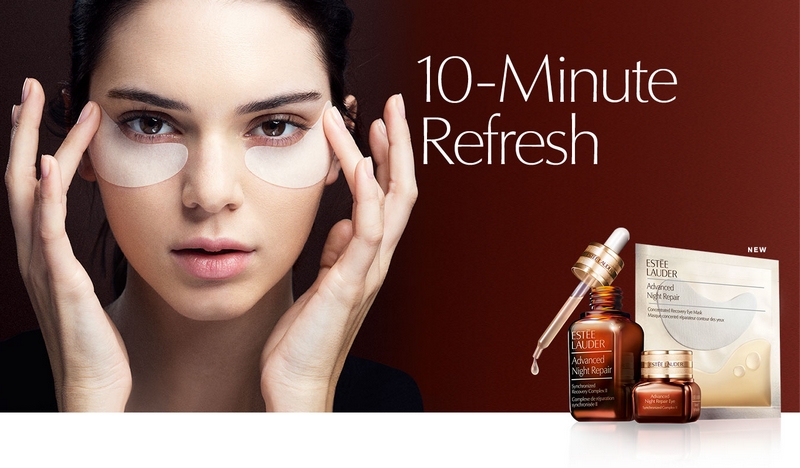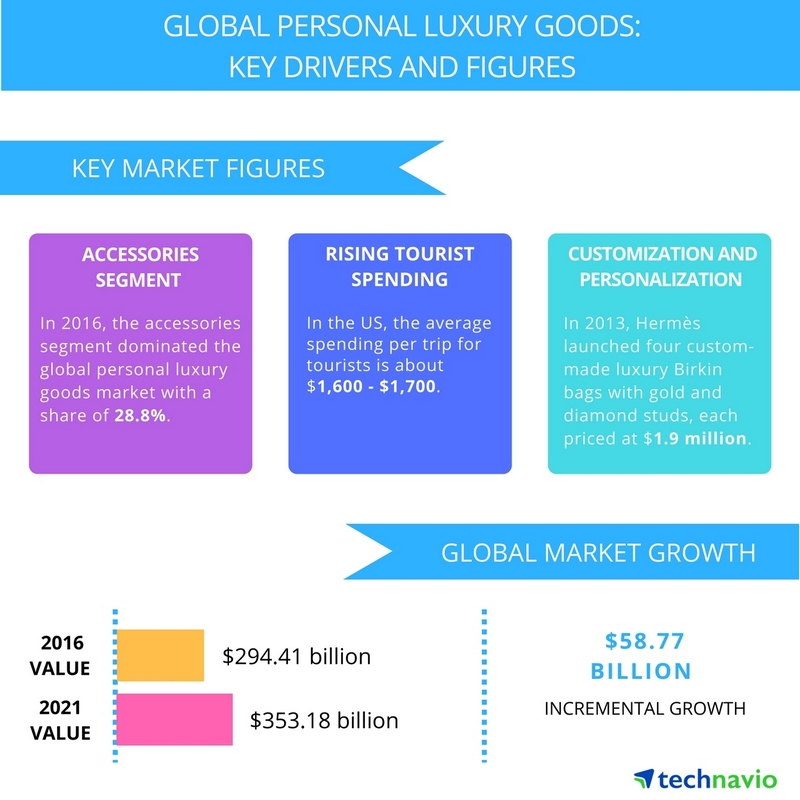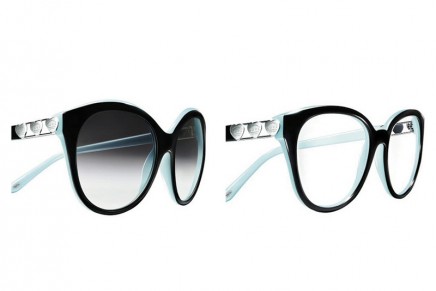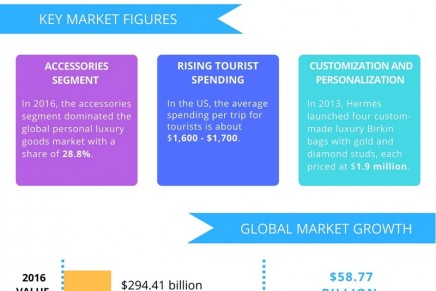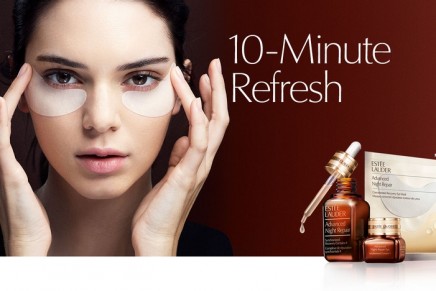Top Vendors in the Global Personal Luxury Goods Market from 2017 to 2021: Report.
The global personal luxury goods market is highly fragmented, with the presence of both global vendors and local players, says the recent global personal luxury goods market report by Technavio. This market research report also lists 14 other prominent vendors that are expected to impact the market from 2017 to 2021. With rising competition, manufacturers are bringing in innovative new products to meet the changing demands of customers in accordance with the latest fashion and lifestyle trends. Celebrity endorsements and fashion events are important marketing techniques used by manufacturers to showcase their new product offerings.
The launch of new products, rise in the number of mergers and acquisitions and increasing investment in luxury brand marketing strategies are factors that will lead to a considerable intensification of competition over the next five years,” says Poonam Saini, a lead retail goods and services analyst from Technavio.
The report also states that factors such as growth in international travel and tourism, surging middle class, and rise in department stores are expected to propel the growth of the personal luxury goods market during the forecast period.
Technavio consumer and retail market research analysts identify the following key vendors:
- Estée Lauder
Estée Lauder is a manufacturer and marketer of skin care, fragrance, makeup, and hair care products. It sells its products under brand names Estée Lauder, Aramis, Origins, Clinique, Bobbi Brown, M.A.C, La Mer, and Aveda. The company also has licenses to sell fragrances and cosmetics brands such as Donna Karan, Tommy Hilfiger, Tom Ford, Michael Kors, COACH, and Tory Burch. During the fiscal year 2016, the company’s luxury brands La Mer, Jo Malone London, and Tom Ford posted strong growth.
- L’Oréal
L’Oréal established its presence in the cosmetics market at a global level with its luxury offerings in the cosmetics market through its L’ORÉAL LUXE division. Some of its brands include Urban decay, Kiehls, Yves Saint Laurent, DIESEL PARFUMS, RALPH LAUREN fragrances, Lancôme, Giorgio Armani, and Clarisonic.
- LVMH
LVMH is a retail company that produces and sells luxury products. It operates through its five business segments: fashion and leather goods, perfumes and cosmetics, wines and spirits, selective retailing, and watches and jewelry. LVMH is one of the largest players in the luxury segment offering products through its brands that include Louis Vuitton, Guerlain, Givenchy, Kenzo, and Christian Dior.
- Richemont
Richemont offers luxury goods in Switzerland and worldwide. It designs, manufactures, and distributes jewelry products, writing instruments, luxury watches, precision timepieces, and leather goods. Some of its brands include Cartier, Van Cleef & Arpels, Giampiero Bodino, Piaget, and A. Lange & Sohne.
- Swatch Group
Swatch Group designs, manufactures, and sells finished watches, jewelry, and watch movements and components. Dress Your Body (DYB) is its jewelry production arm that is involved in the design and production of its jewelry line. Some of the luxury and prestige range brands associated with the company include Breguet, Harry Winston, Blancpain, Glashütte Original, Jaquet Droz, Léon Hatot, and Omega.
- Luxottica
Luxottica focuses on the designing, development, and manufacture of sun and prescription eyewear. The retail segment of the company offers prescription frames, sunglasses, lenses, and ophthalmic products manufactured by other companies. The wholesale customers include independent opticians, department stores, specialty sun retailers, department stores, travel retail, e-commerce, optical retail chains, and duty-free shops.

